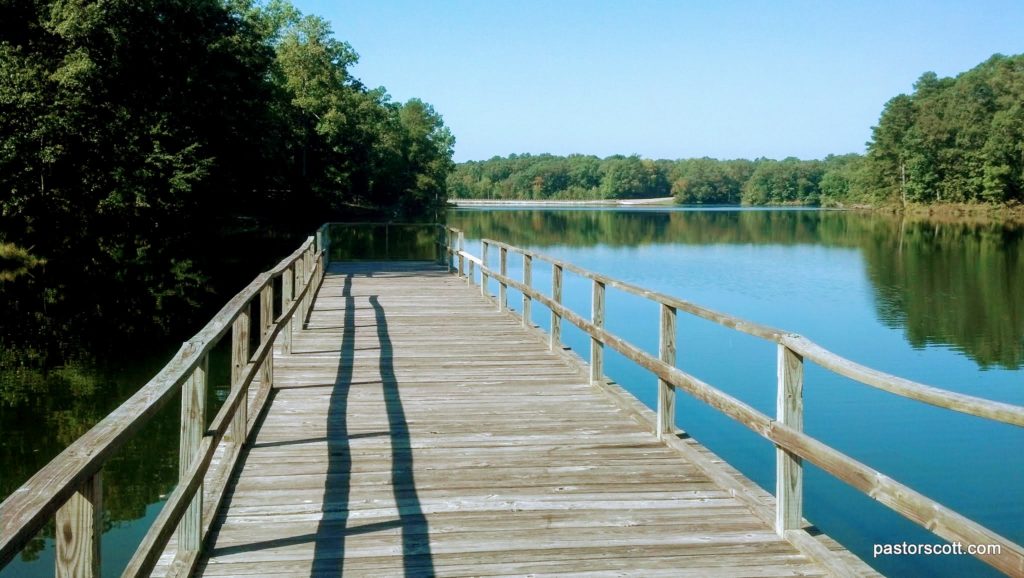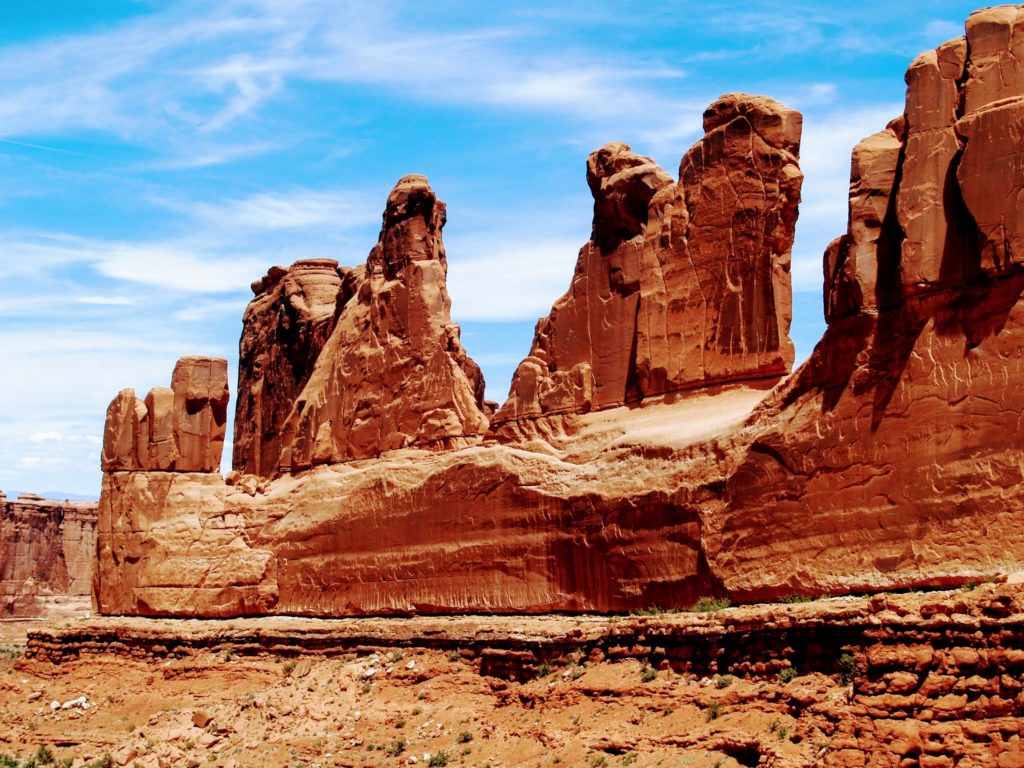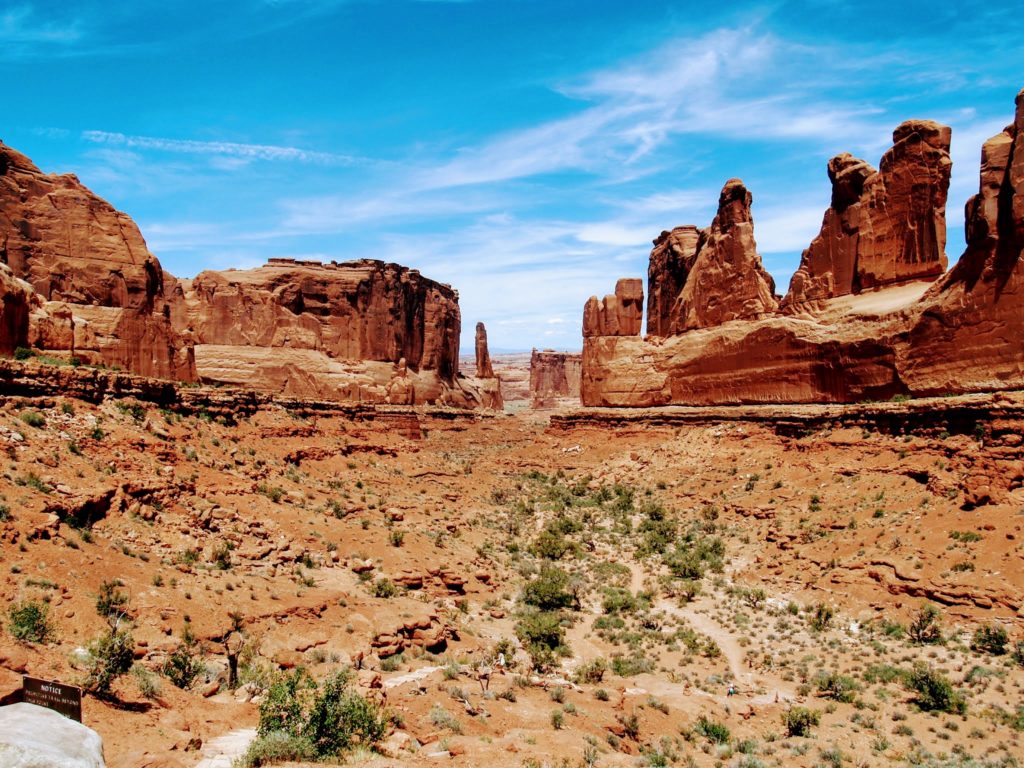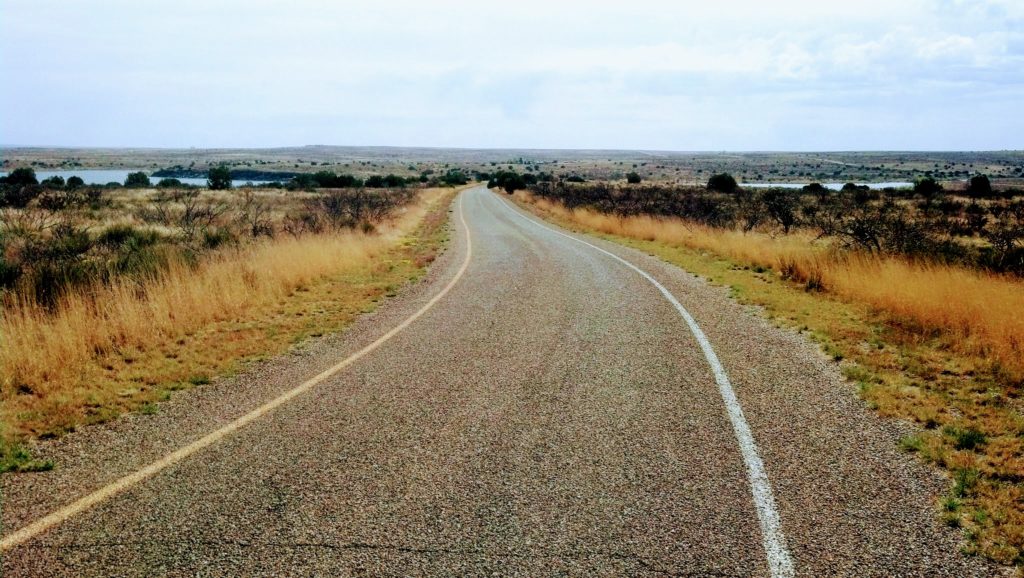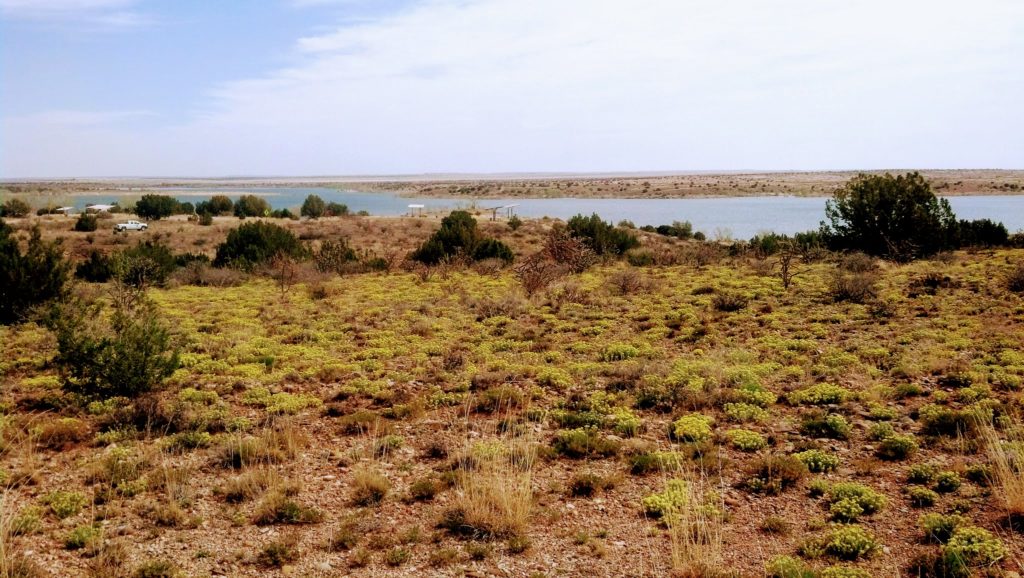
We don’t clean house to punish dust
Zephaniah 3: I’ll leave a core of people among you.
The prophet first turns his attention to other nations surrounding Judah. They’re not the chosen people, but they’ve refused the light they’ve been given. Because of that, the Day of Judgment that is such a driving force in Zephaniah’s preaching is coming to them too. When I read of Judgment in the Old Testament I sometimes come away thinking of God as punishing those who reject him. However, this passage takes me in a different direction. Zephaniah says that when God’s finished, he’ll leave a core of people who “will not do wrong.” If a person cleans house, wiping everything clean, they aren’t punishing the dust. Instead, they’re just cleaning things up like they ought to be. Through his prophets, the Lord cautions, warns, and pleads with people to repent and align themselves with his purpose for their lives. In the end, the Judgment that falls on those who refuse this patient call of the Lord is the result of their own refusal to connect to their Creator. I know that there’s a place to think about an angry God but I’m reminded today that a God who loves righteousness is bound by his own nature to take action when his creatures reject his righteousness. When the Lord’s finished, things will be drastically different and one of those changes will be that we’ll see core of previously unnoticed people still standing. “Blessed are the poor in spirit for theirs is the Kingdom of Heaven.”
Take Away: A God who loves righteous must, ultimately, deal decisively with sin.








